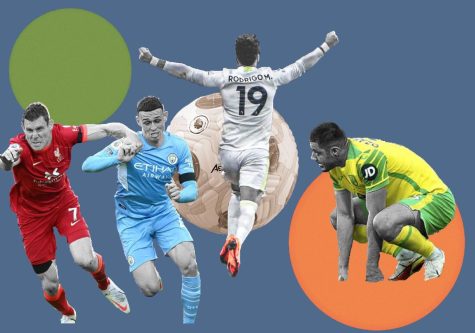Eating Disorders and What Mental Health Has To Do With It

Creative Commons
When was the last time you checked the amount of calories on a snack? Unfortunately this small habit leads many people to have severe eating disorders. 9% or 28.8 million people in the U.S. population have eating disorders in their lifetime. The three most common ones are Anorexia Nervosa, Bulimia Nervosa and Binge Eating Disorder. Most eating disorders come from how someone thinks of themselves or thinks about what they should look in society’s eyes. The stigma around the social problem of how society thinks you should look needs to be stopped in order for us as a community to tackle the issue head on and help our loved ones.
Mental health is a major factor in eating disorders and most times eating disorders are caused by mental health issues. If someone has an eating disorder they tend to calorie count, only think of food, binge/purge and think about the amount of food intake constantly. This must be exhausting not giving yourself a break, which is why mental health has such a big role in eating disorders. According to WebMD 24% of people with bipolar disorders have an eating disorder and 44% have trouble controlling their eating. Half as many of those patients with binge eating disorder have a history with depression. The reason it is more likely to have an eating disorder while having mental health issues is because it is a way people cope with depression and other mental illnesses. Depression can take someone down a dark path and tackling both can be extremely challenging and make both problems worse.
To be clear, social media isn’t the only cause for an eating disorder but has a strong link to it. According to Clementine programs “teenagers spend an astonishing 7 hours and 22 minutes a day using mobile devices, not including schoolwork.” Lots of that time is spent on social media. Instagram is an app to post pictures of your life on and usually only the highlights or “good parts” so it’s very easy to compare yourself constantly to others. When teenagers are constantly looking at the good parts of other people’s lives, it becomes easy to compare yourself and your life to theirs. “Why don’t I look like that?” “Wow they’re so pretty” “Her legs look so slim”. These are just a few thoughts that run through teens’ brains while they are repeatedly seeing edited, photoshopped, and highlight photos.
All in all, since it’s an extremely relevant issue in our daily lives, it is clear that something needs to be changed. One eating disorder program that has helped many is the EDCare nourishing success program. It is an eating disorder treatment center in Denver, CO and they help with many types of eating disorders. With this resource and many more, so many people have gotten the help they need and there is so much work to be done.




